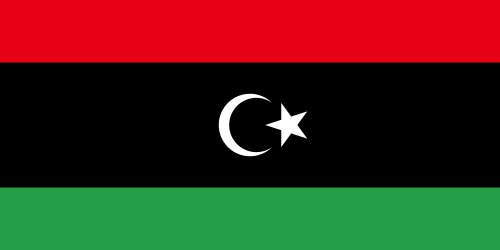By Padraig O’Hannelly.
Over the past week, oil output from Libya has reportedly fallen below 100,000 barrels per day, costing the country $150 million daily in lost oil revenues. Ras Lanuf refinery has closed due to lack of supply, and Libya must now import diesel and fuel oil to keep the power plants operating.
Meanwhile, the protests have spread to the West, and the militias retain their control on most of the country.
One problem for the government in flexing its muscle is that it doesn't have much muscle to flex; as Geoffrey Howard from Control Risks told Reuters, "many armed groups have forces that are equal or stronger to the government".
Noman Benotman, president of the counter-terrorism think tank Quilliam, puts it even more starkly: "Practically the government is dead, technically it is still there."
But we must not lose sight of the fact that the government, weak though it may be, has been democratically elected and as such should be respected as the legitimate ruling authority. Any attempt to purchase oil from the militias would be an act of theft from the Libyan people.





